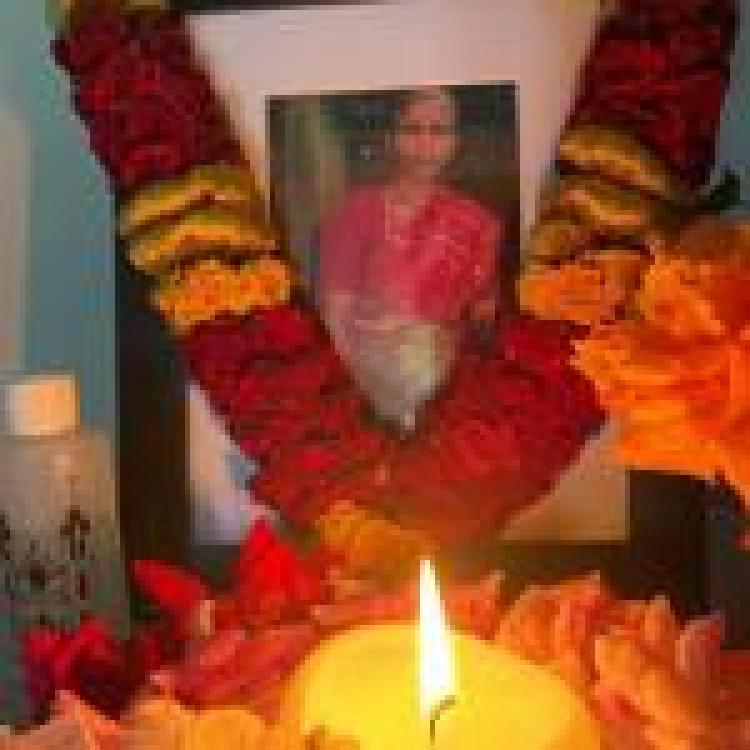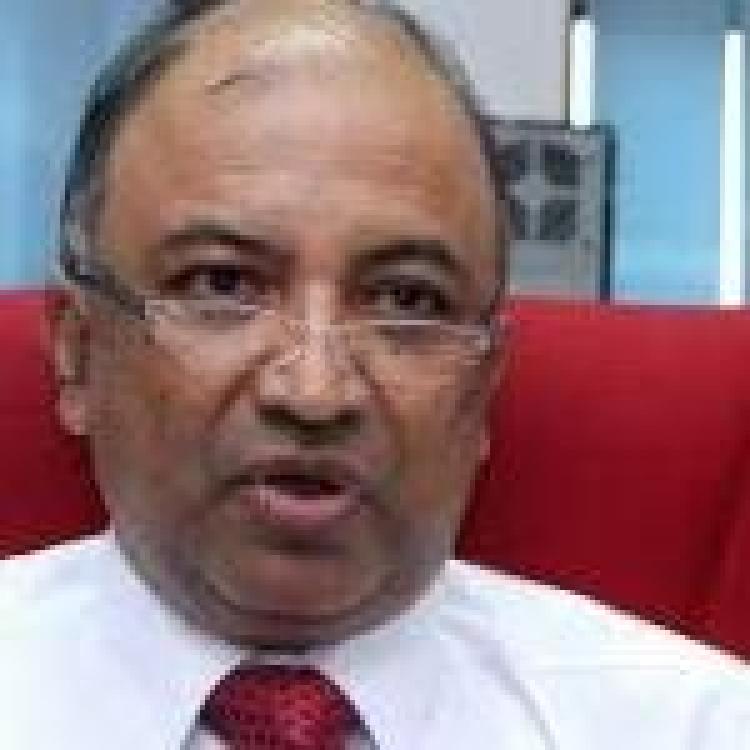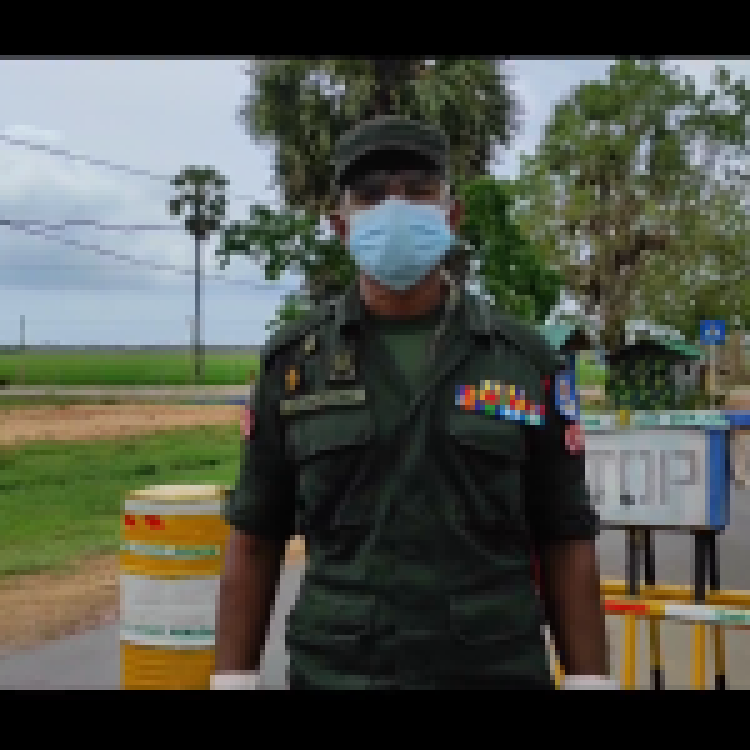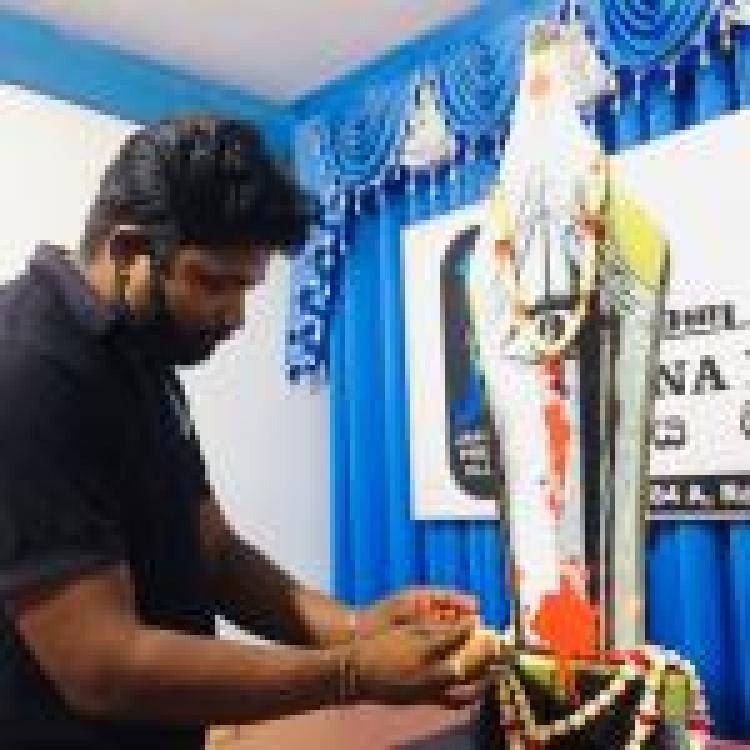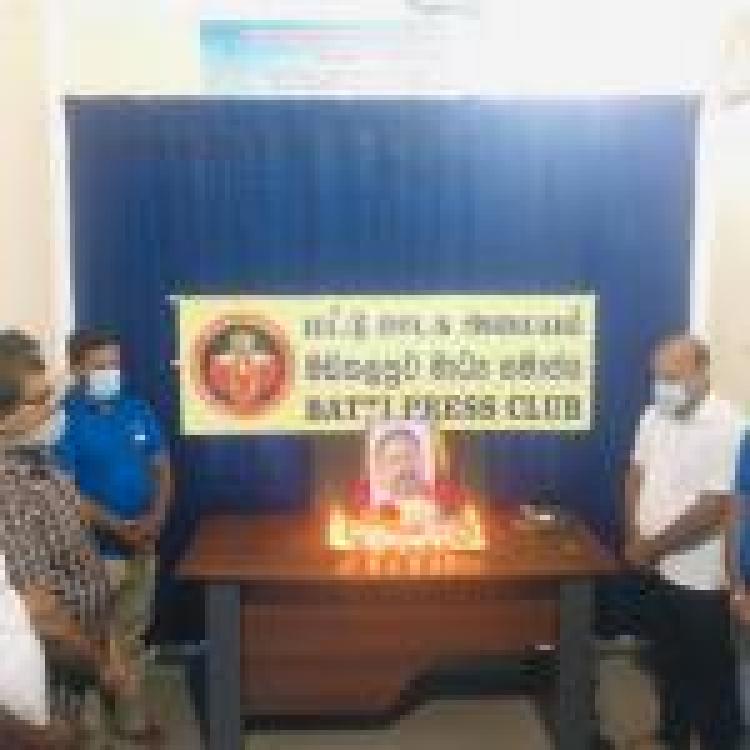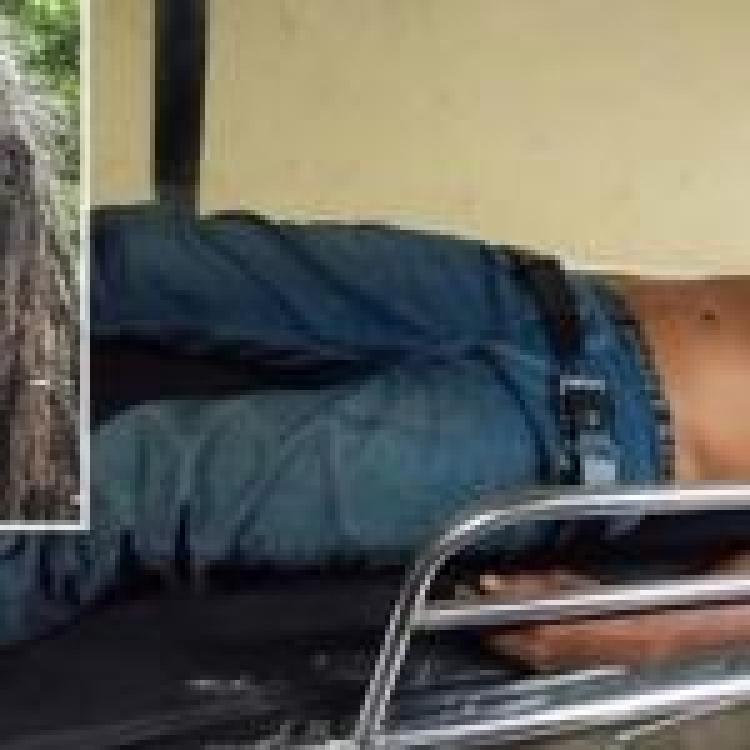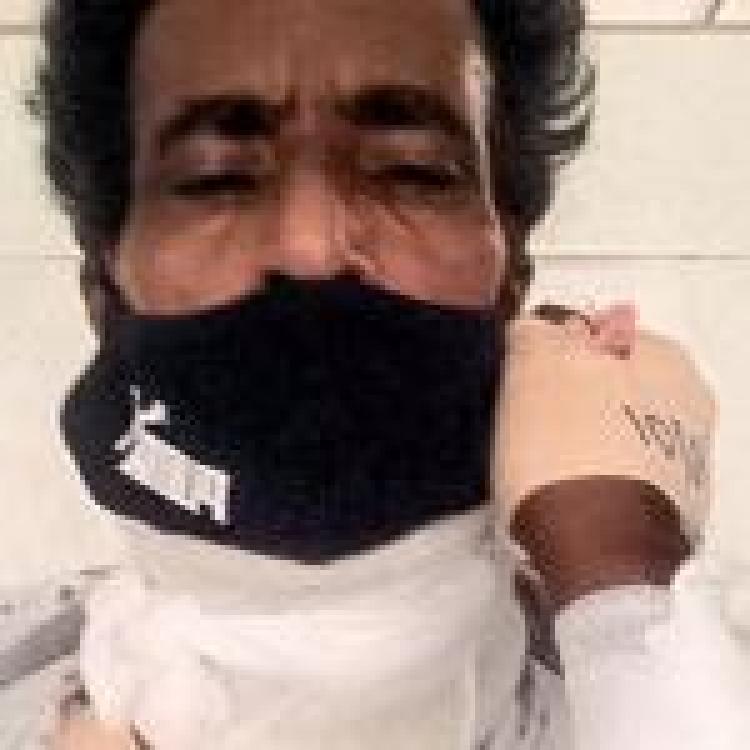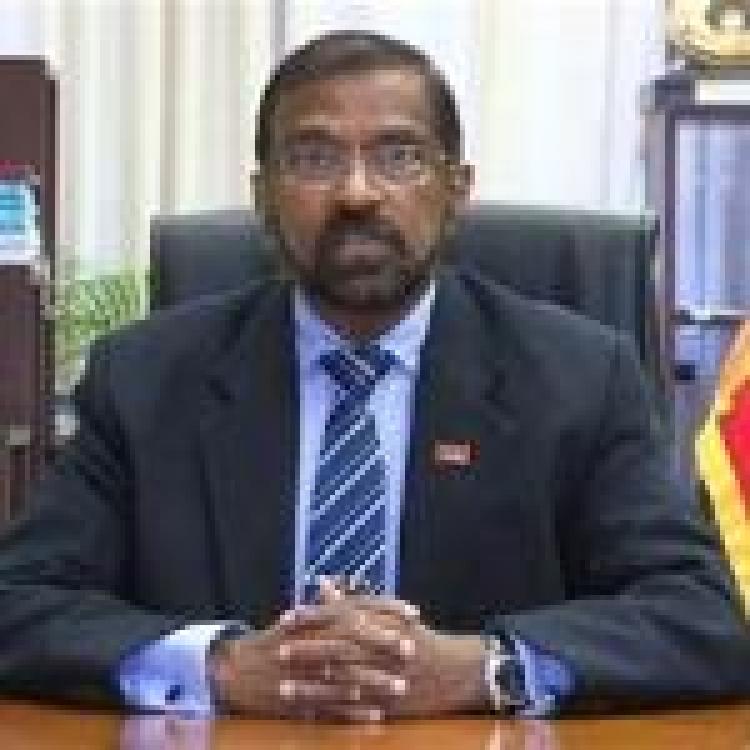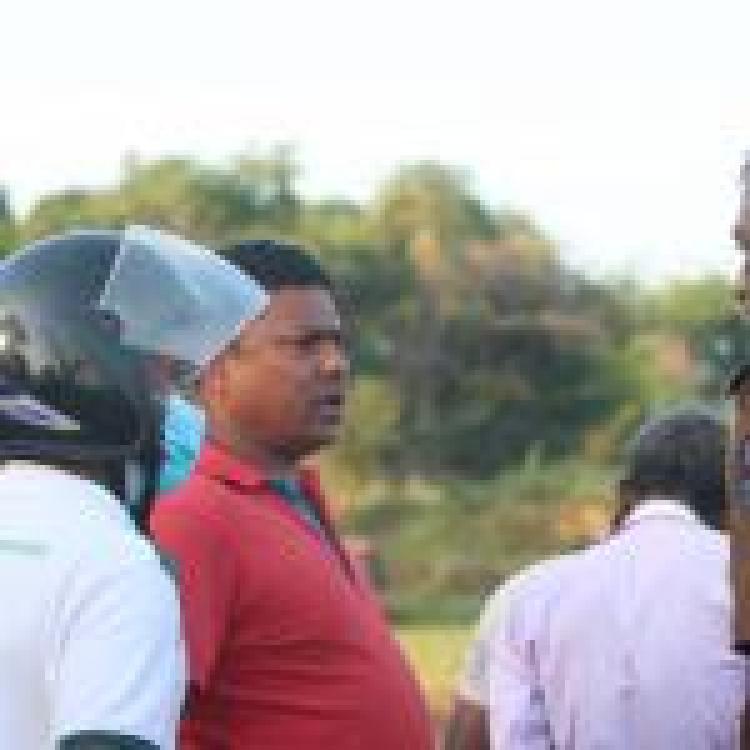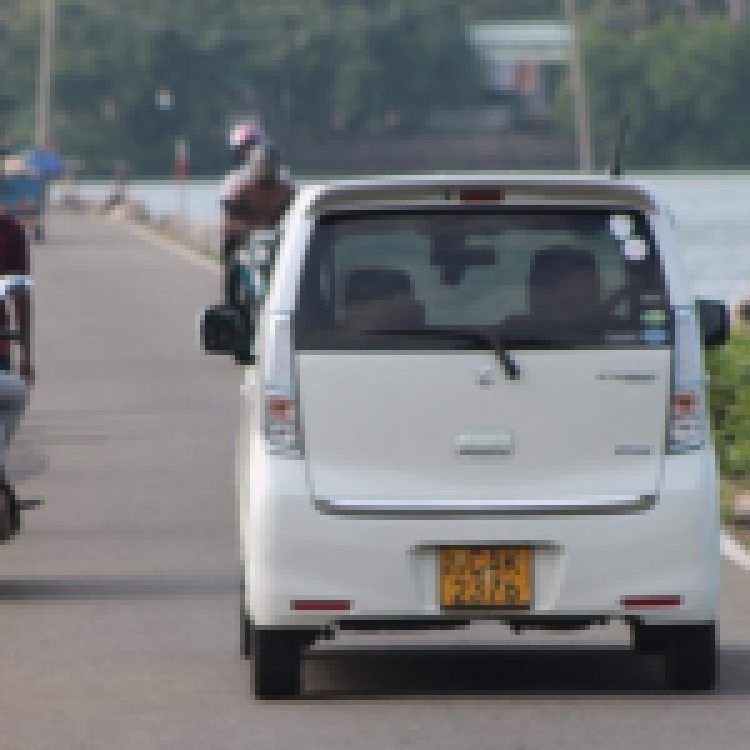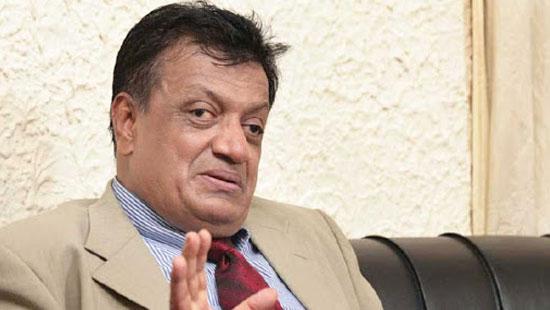
Following the passage of an EU resolution, which raised alarm over government and military officials spreading hate towards Tamils and Muslims, Hudson Samarasinghe has been reappointed to chair the Sri Lankan Broadcasting Channel.
Samarasinghe is well known for using the airwaves to broadcast hate speech and in the past had censored reporting from the British Broadcasting Channel (BBC).
Journalism under attack
The comment comes as Sri Lanka remains one of the most dangerous places in the world for journalists with the island remaining 127th out of 180 countries on the Reporters Without Borders World Press Freedom Index.
Earlier this year the former Sri Lankan MP Karu Jayasuriy said at least 117 journalists have been killed of have disappeared since 1981 and an "innumerable number have been subjected to great repression".
Journalists for Democracy in Sri Lanka (JDS) recorded that as least 44 journalists had been killed or disappeared from 2004 to 2010 alone. Most of those journalists were Tamil (41) and from the North-East. The true figure is thought to be much higher.
Censorship
On 9 February 2009, the BBC’s coverage of atrocities being committed during the final year of the conflict was blocked by the SLBC. Hudson Samarasinghe, admitted to censoring BBC programming, saying that he had a duty to do so at a time of war since foreign news centres, including the BBC, create fabricated news.
Harassment
The World Organisation Against Torture (OMCT) reported in 2013 the harassment of a number of female protesters including, Nimalka Fernando, President of the International Movement Against All Forms of Discrimination and Racism in Sri Lanka.
Whilst the organisation protested the smear campaign against their Nimalka Fernanda, Samarasinghe aired a broadcast that attacked her, entitled “Stoning the Sinner Woman”. The peaceful demonstrators were further disrupted by pro-government men who harassed them. The OMCT further reports that amongst these men were believed to be staff of the SLBC who had gathered bottles and stones to attack the protesters.
Read more here.

